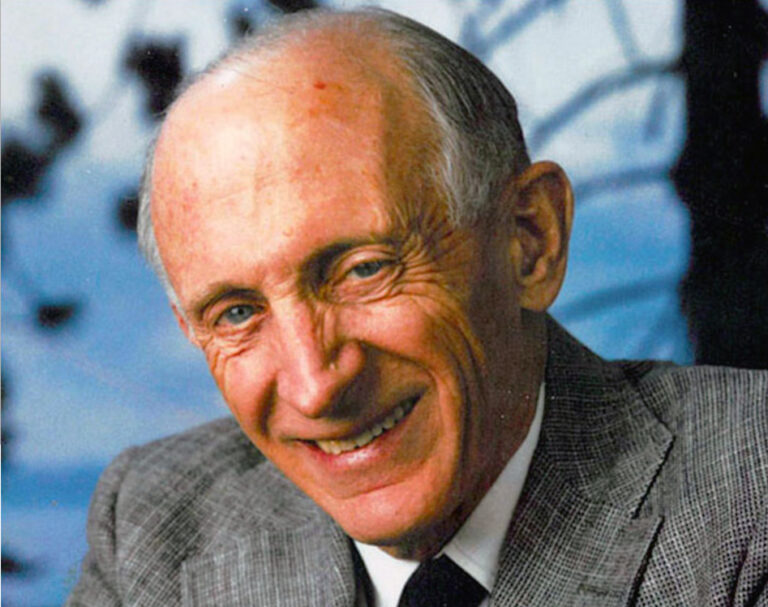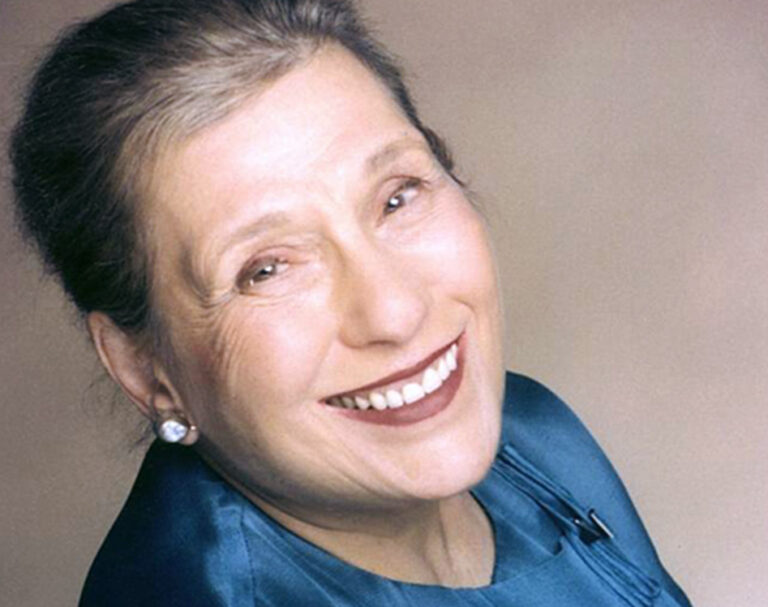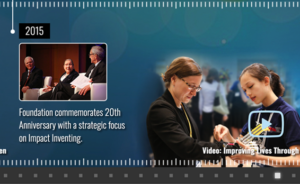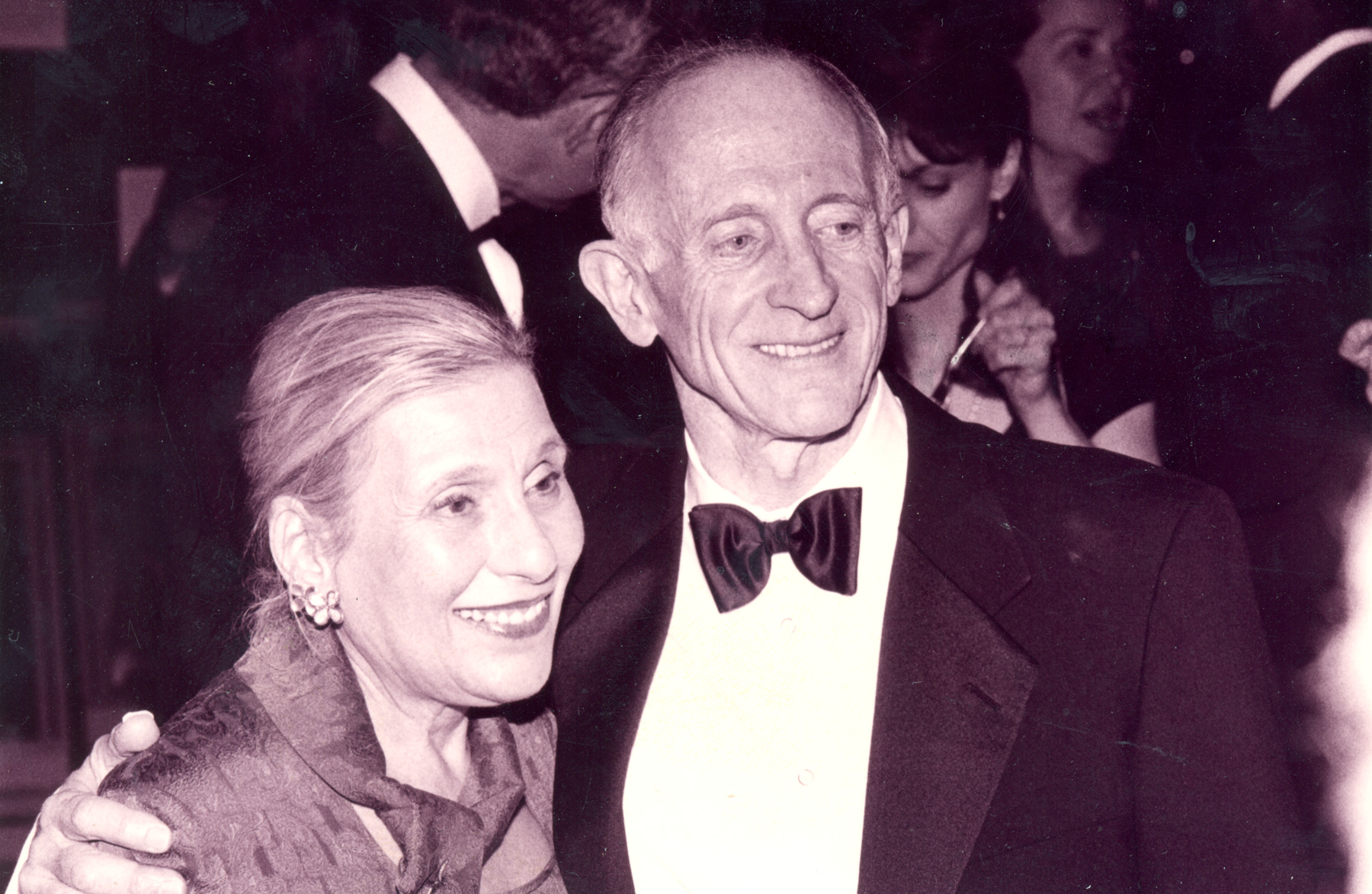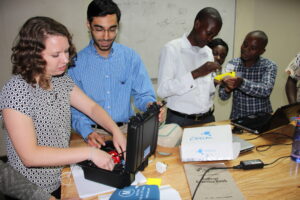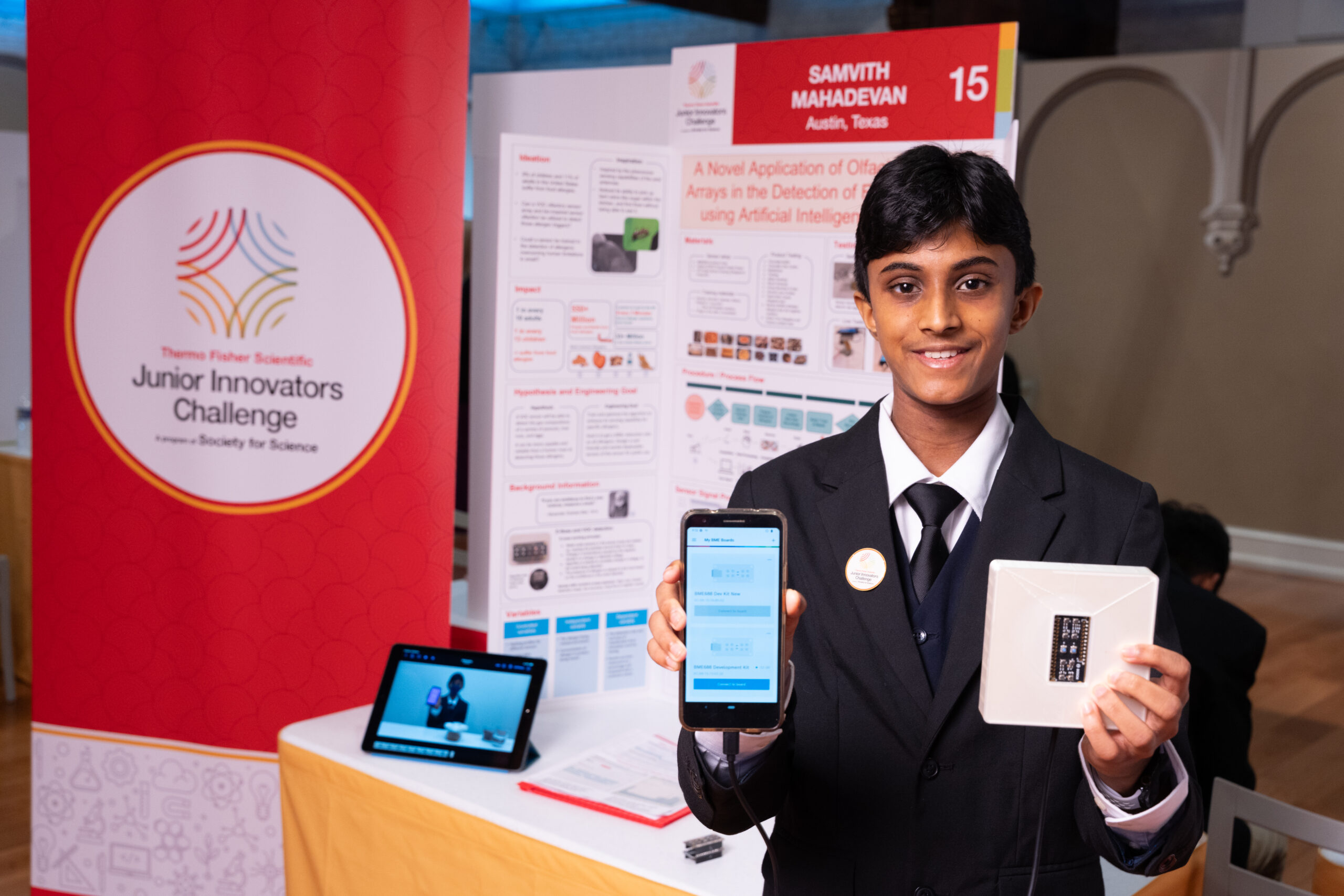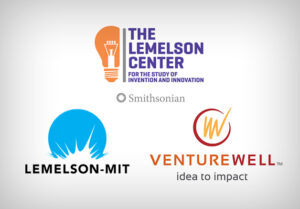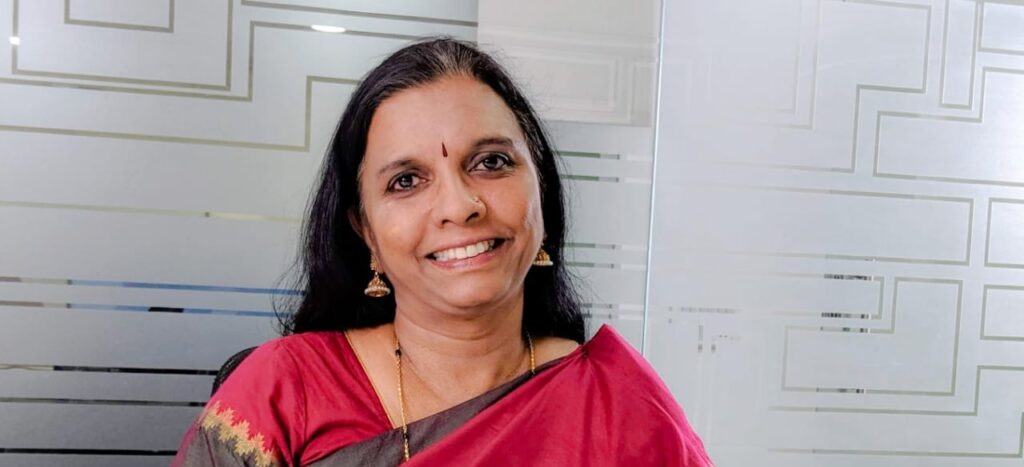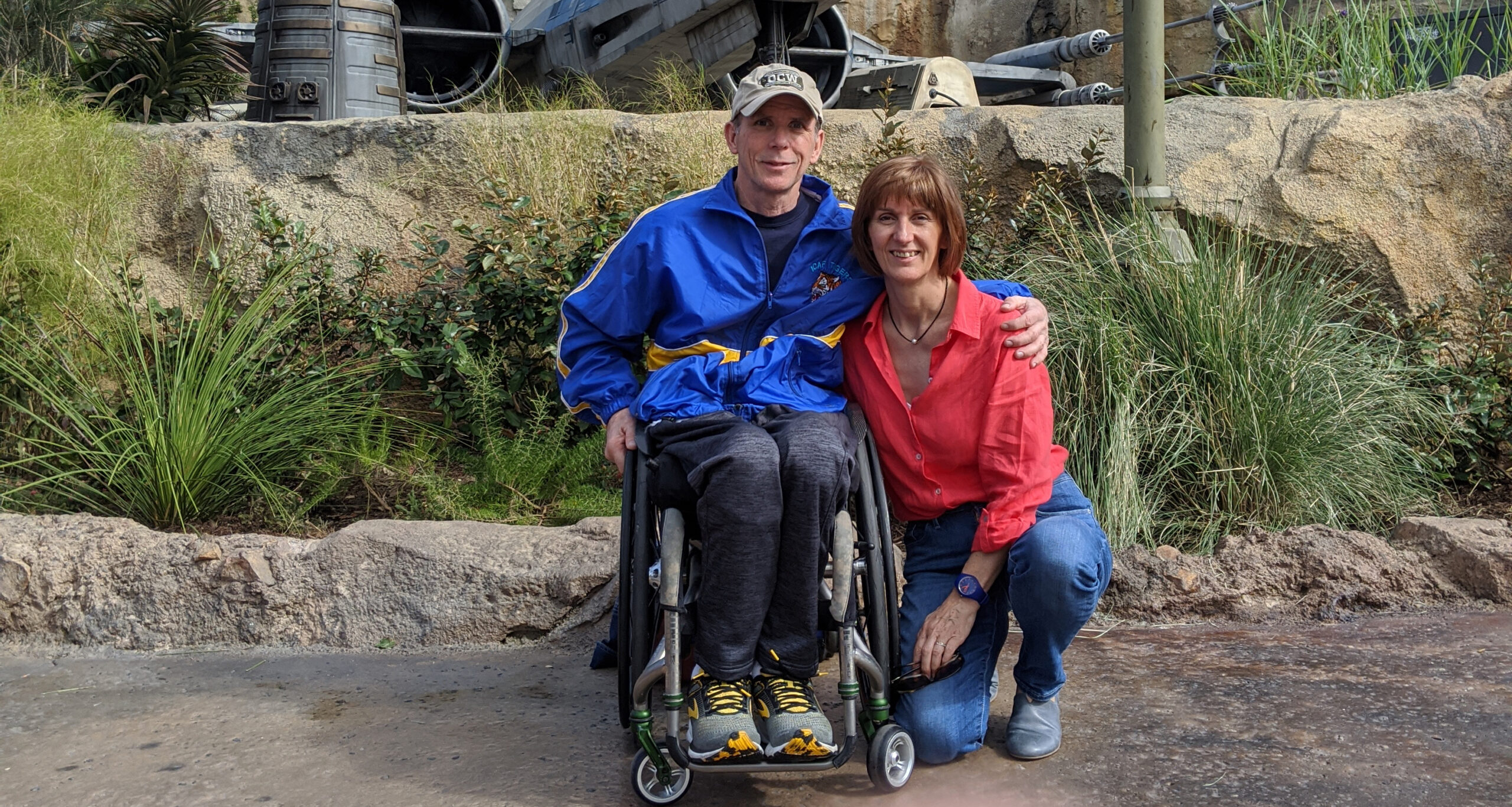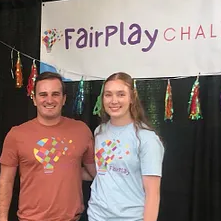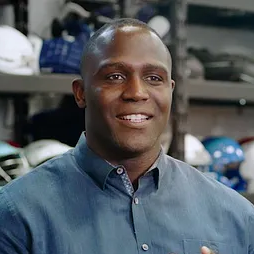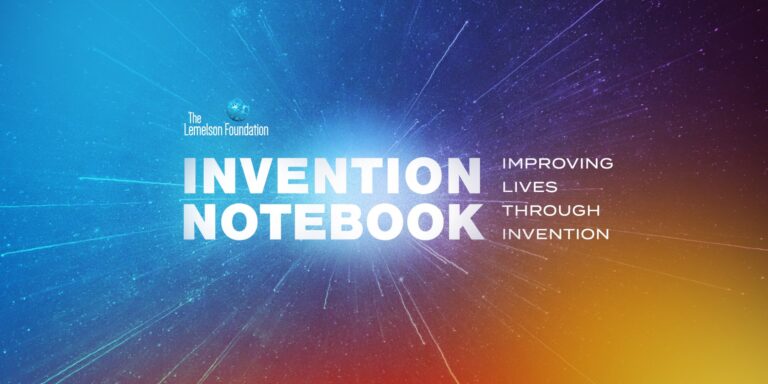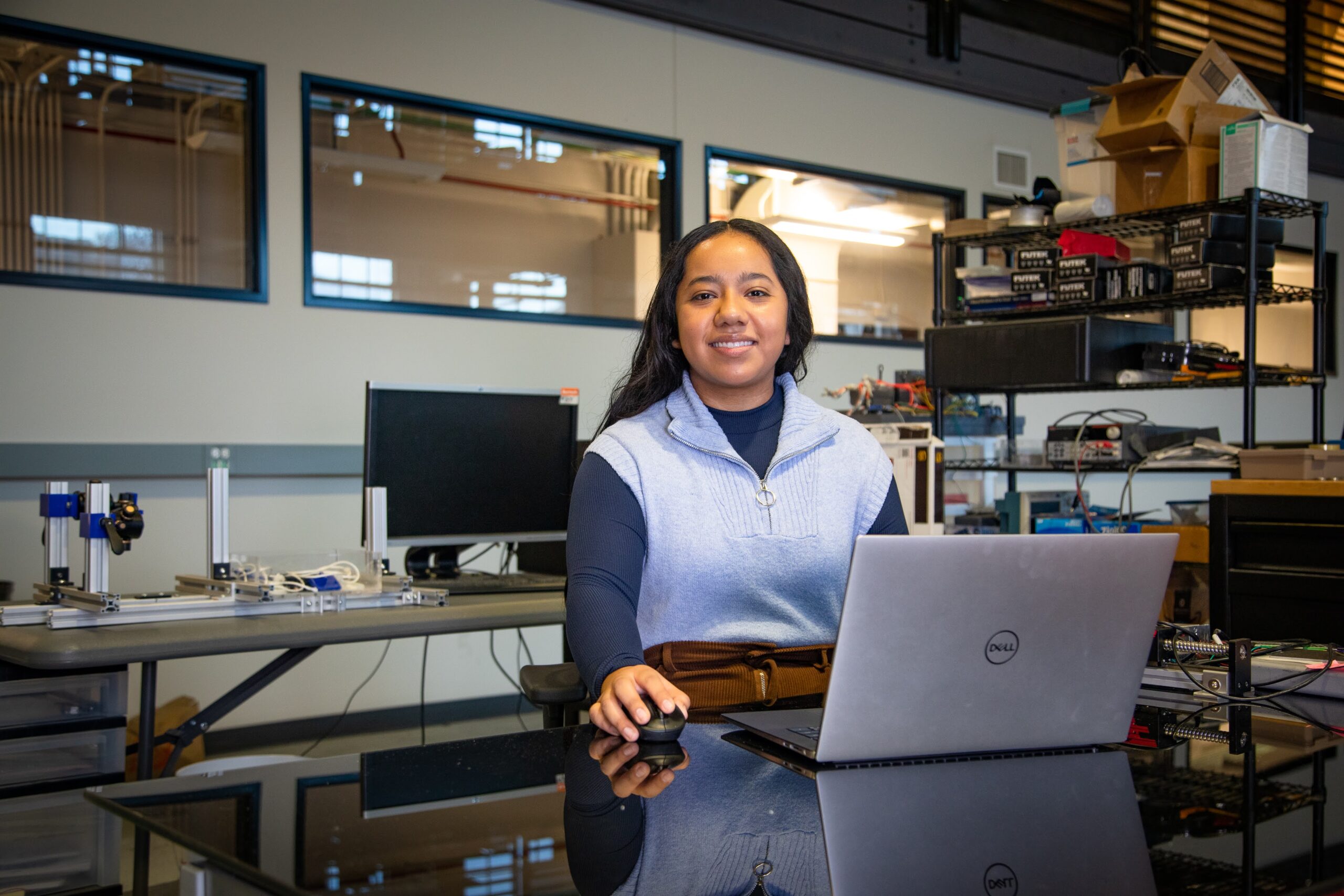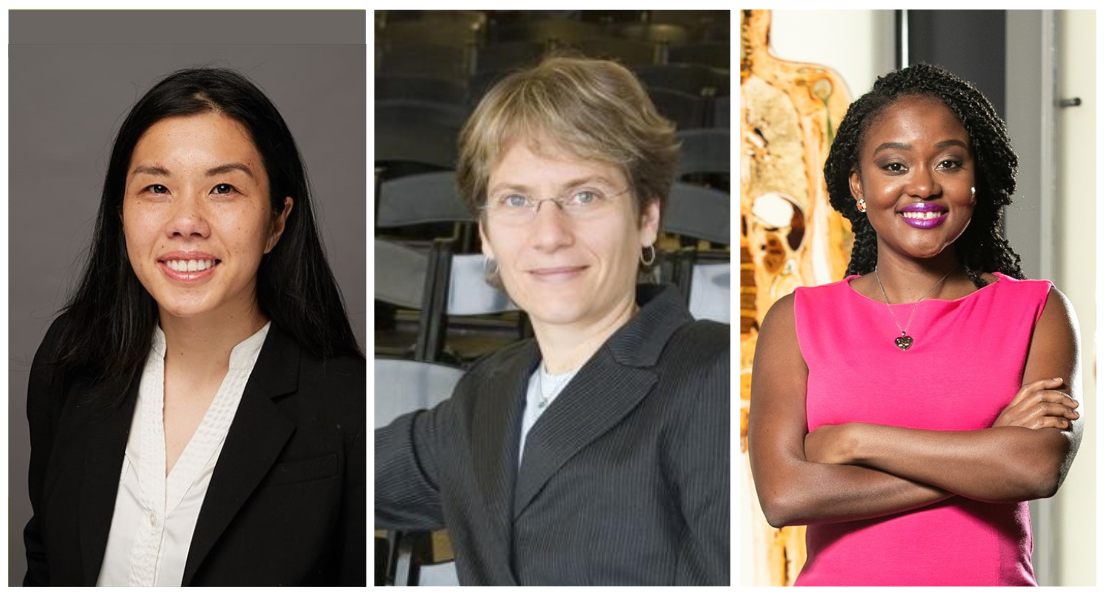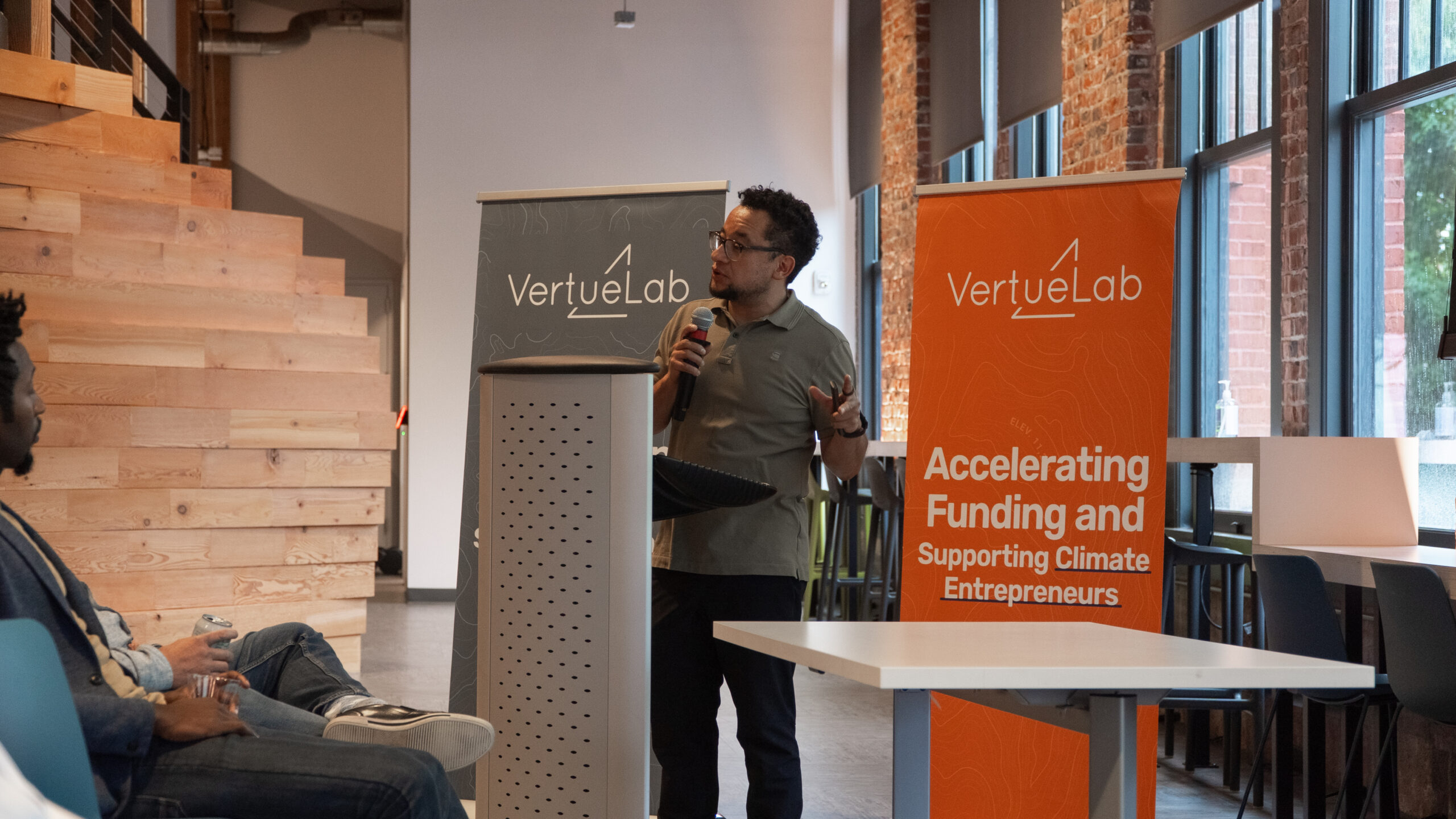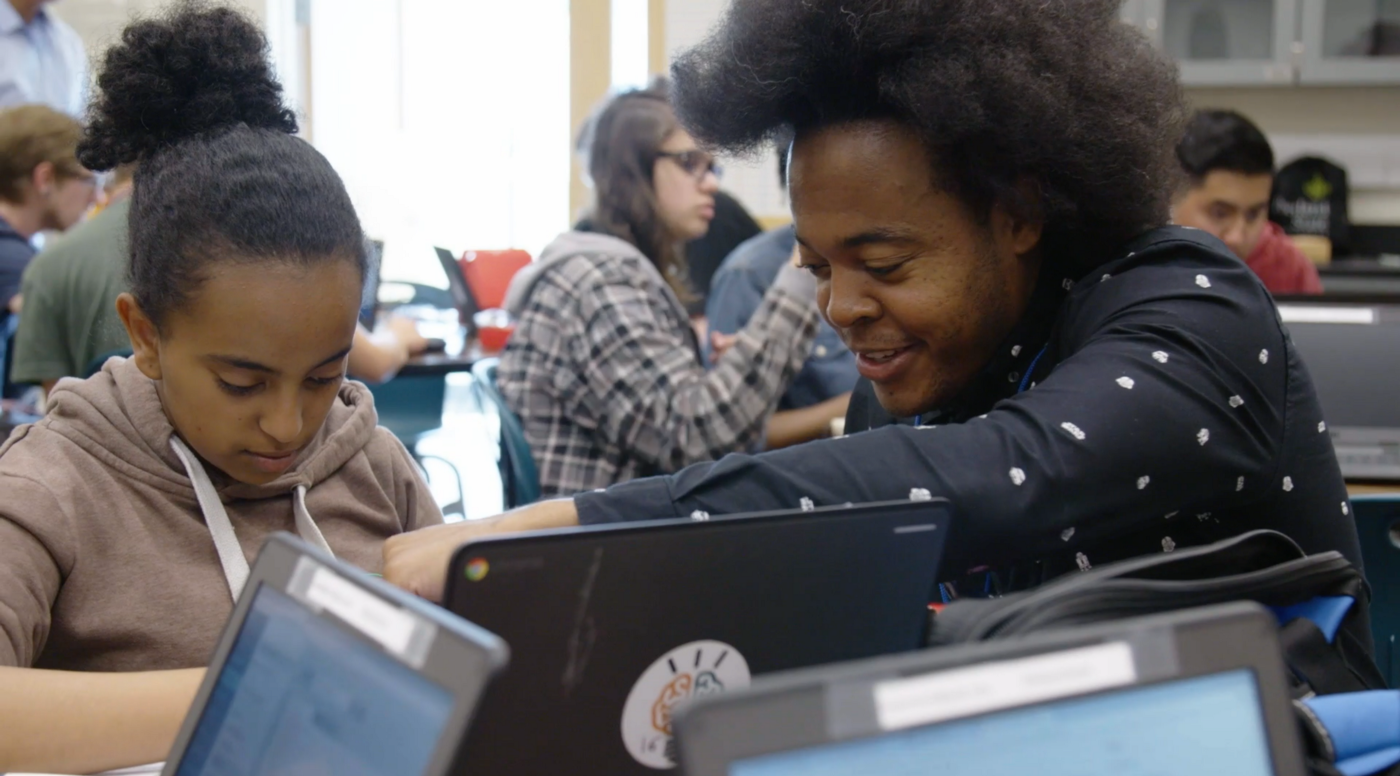Celebrating Black Inventors and Innovators
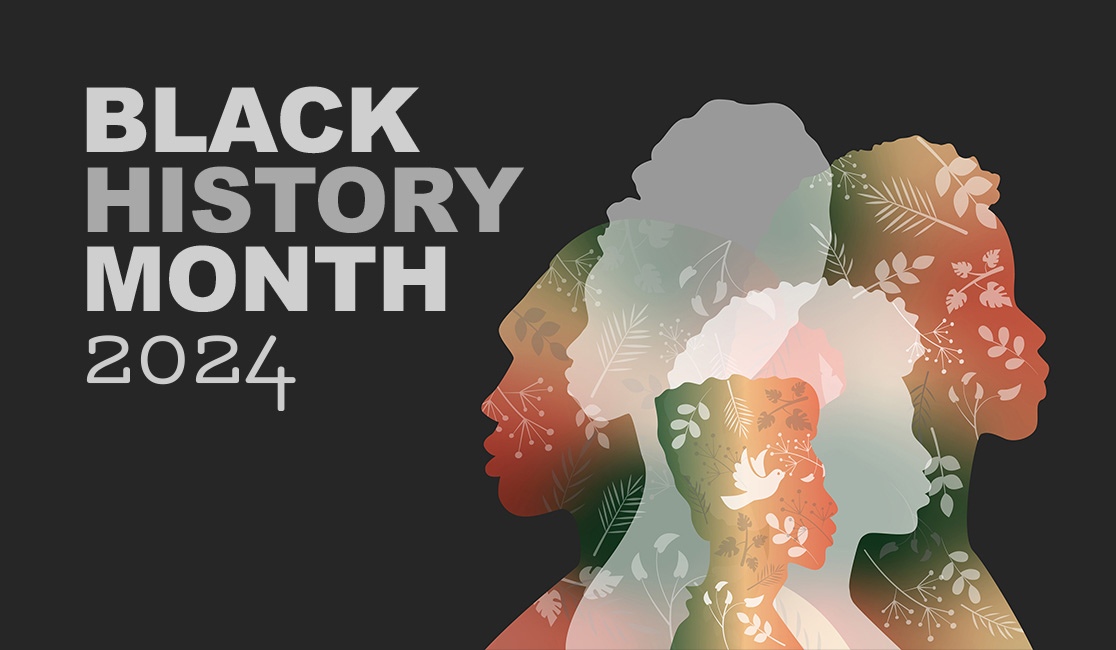
From sustainability to health to entertainment, these inventors are pushing boundaries and improving lives and livelihoods
The lessons of Black ingenuity throughout our history have a lot to teach us about tackling the problems we see in the present.
“Today, there are significant opportunities to combat climate, social, health, and economic injustices while actively shaping the future we envision,” says Kory Murphy, a Program Officer at The Lemelson Foundation for Invention and Entrepreneurship. “In these times, the need to recognize and embrace Black ingenuity is possibly more critical than ever.”
Below we highlight some of the contemporary inventors who are finding solutions to issues affecting our globe and our communities, and inspiring the next generation to become changemakers.

A trailblazing electrical engineer, Denise Gray helped pioneer battery technology for electric cars. Raised in Detroit, she started as a student intern at General Motors, and would go on to hold many leadership positions over her 30-year career with the company. Her work was integral to the development of GM’s Chevy Volt, one of the first hybrid cars released for the mass-market. She later worked at LG Energy Solution to expand U.S. production of lithium-ion cells and electric-car batteries. Gray is a strong supporter of making STEM curriculum available to all students, particularly for underrepresented communities. Among her many recognitions, she received the 2017 Women of Color Technologist of the Year Award, the 2019 US Clean Energy Education and Empowerment (C3E) Initiative’s Lifetime Achievement Award, and in 2022, was elected to the National Academy of Engineering.

Photo Credit: Disney Parks
From developing fiber optics networks for telephones at Bell Laboratories to creating special effects and immersive experiences for The Walt Disney Company, Lanny Smoot is a prolific inventor and engineer. He developed the first high-quality, large-screen video teleconferencing system, and went on to invent some of the first video streaming systems. With over 100 patents, many of his inventions include interactive, animatronic, and VR technology displayed across Disney theme parks and resorts — including a live-action Star Wars lightsaber. Smoot has been intentional about mentorship and encouraging students to pursue STEM careers. He has received major recognition for his craft, and was named the 2020 TEA Master by the Themed Entertainment Association. He will be inducted into the National Inventors Hall of Fame as part of the Class of 2024 for his excellence in theatrical technology and special effects, making him only the second person at Disney to receive this honor, after Walt Disney himself.

Astrobiofuturist Billy Almon discovered his passion for invention at an early age, and translated a degree in architecture to a career in design at The Walt Disney Company. As a member of the Disney Imagineering team, he crafted immersive experiences and invented products that transformed visitor experiences at Disney parks and resorts. He then shifted his focus to innovation in the natural world, applying biological principles to human design for our built world here on Earth and for what we would need to live and work in space. Almon has brought these topics to the general public as a host on Animal Planet and Discovery Plus TV and as a public speaker, using biomimicry, space exploration, and storytelling techniques to engage students in STEM.

In the current workforce landscape, companies are struggling to hire — not for a lack of open positions, but because the skills required for those positions don’t match those of unemployed or underemployed workers. CEO Elissa Russell founded READI Consulting to close that skills gap. READI is an Atlanta-based EdTech company that uses virtual reality technology to reskill and upskill entry-level workers. Through VR and gamification, READI provides work readiness training programs, career exploration, and opportunities to earn certifications in a variety of fields. Russell and her team have received a number of accolades for their innovation, including winning the Verizon Forward for Good Challenge in 2022, speaking at the Clinton Global Initiative University 2023 annual meeting plenary, and winning VentureWell’s 2023 OPENminds Innovator Showcase.

Photo Credit: Jay Premack/USPTO
After witnessing his son and his new car seat survive a severe car collision unharmed, Shawn Springs became interested in adapting the protective padding for other objects. Springs had previously been a professional football player with the NFL and knew first-hand the high rate of head injuries. He founded Windpact, a technology and applied science company focused on impact protection. The company developed Crash Cloud, an advanced cushioning technology that absorbs and distributes air upon contact to soften impact and reduce the risk of serious injury. Since patenting the Crash Cloud technology in 2014, Windpact has expanded to produce safety equipment for other sports and industries, including soldiers in the U.S. military.

Photo Credit: Doug Coombe
As football-related head injuries and concussion rates rise, more former players are looking to invent solutions. Longtime athlete Brandon Martin was inspired after seeing a news story about a young football player who suffered a severe injury. Along with co-founder Marcus Graham, Martin launched Reaction Technologies to develop his prototype — a small, wearable device that reinforces proper technique and improves situational awareness in order to minimize injuries. In 2021, Reaction Technologies participated in VentureWell’s ASPIRE Medtech, an intensive investment-readiness program that accelerated the company’s growth. Since then, Brandon has connected with students, athletes, and coaches around the country on his mission to make Reaction Technologies a leader in athlete safety and performance.

An energy engineering PhD. student at the University of Massachusetts Lowell, Benard Tabu was inspired to invent by the issue of malnutrition he saw in his home country of Uganda. Many developing countries face food insecurity because of the effects of climate change, with children particularly vulnerable. Tabu decided to focus on creating a new type of affordable fertilizer for small-scale farmers to help them increase their yields. He and his colleagues developed a sustainable, low-cost, solar-powered fertilizer system. Their device uses air and water to create on-demand nitrogen fertilizer without producing the greenhouse gases that contribute to climate change.

